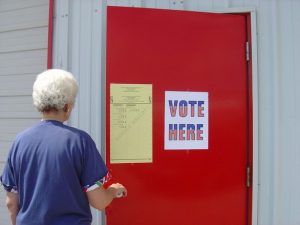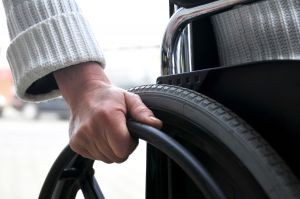 This article — Frightened by Donald Trump? You don’t know the half of it — published in theguardian.com, paints a dire picture of what awaits the human race under a Trump Presidency. Civil trial lawyers are all too familiar with the insidious threat discussed in the article.
This article — Frightened by Donald Trump? You don’t know the half of it — published in theguardian.com, paints a dire picture of what awaits the human race under a Trump Presidency. Civil trial lawyers are all too familiar with the insidious threat discussed in the article.
For more than 30 years, trial lawyers have been the target of these Masters of Misinformation. The Masters have systematically misinformed the public into believing that trial lawyers are the reason for the rising cost of insurance and medical care. One of the bellwether terms used in the misinformation campaign is “frivolous lawsuits.”
 Florida Injury Attorney Blawg
Florida Injury Attorney Blawg








